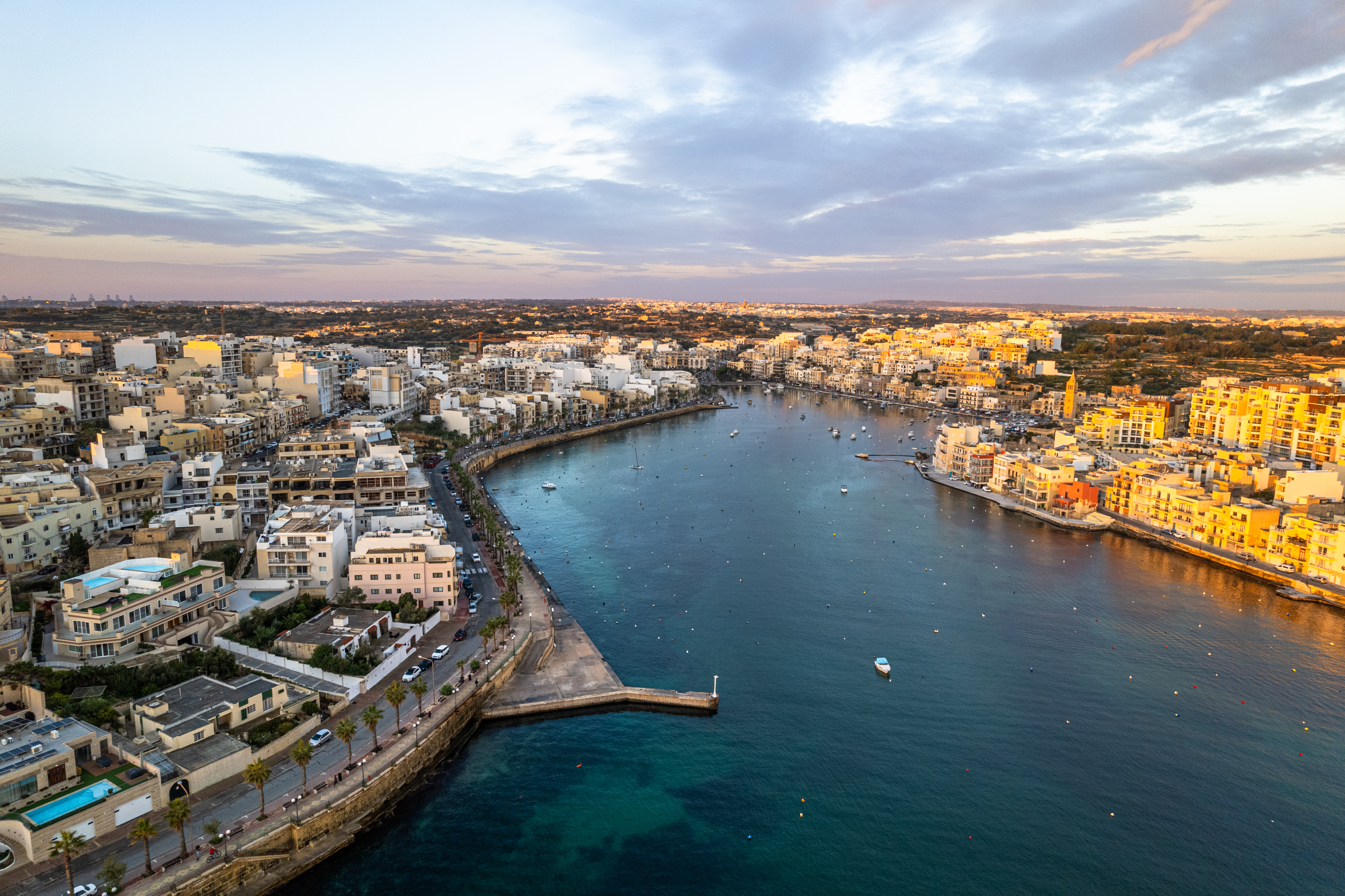
Malta Golden Passport Declared Illegal by EU Court in 2025 Ruling
EU’s Top Court Rules Against Malta Golden Passport Scheme
In a landmark judgment issued on April 29, 2025, the European Court of Justice (ECJ) officially ruled that Malta’s Golden Passport program violates EU law, delivering a major blow to citizenship-by-investment policies across the continent. The ruling followed years of legal and political tension between Malta and the European Commission over what the EU deemed a commodification of citizenship.
The ECJ declared that granting nationality solely based on financial contributions, without requiring genuine ties to the country, undermines the principles of EU integration and mutual trust between member states.
EU’s Top Court Rules Against Malta Golden Passport Scheme
In a landmark judgment issued on April 29, 2025, the European Court of Justice (ECJ) officially ruled that Malta’s Golden Passport program violates EU law, delivering a major blow to citizenship-by-investment policies across the continent. The ruling followed years of legal and political tension between Malta and the European Commission over what the EU deemed a commodification of citizenship.
The ECJ declared that granting nationality solely based on financial contributions, without requiring genuine ties to the country, undermines the principles of EU integration and mutual trust between member states.
Why Did the European Union Oppose the Malta Golden Passport?
The European Commission had long criticized Malta’s scheme, issuing multiple warnings before escalating the matter to the ECJ.
The primary concern was that the program reduced EU citizenship to a commodity, allowing individuals to bypass integration rules and gain access to rights in all 27 member states—including free movement, work, and voting in EU elections.
Security was also a key issue: due diligence standards were questioned, and several controversial figures had obtained passports despite minimal residence or economic contribution.
What the EU Court Ruling Means for Malta and the Industry
The ECJ decision orders Malta to terminate the program immediately and refrain from offering citizenship solely in exchange for investment.
The ruling also strengthens the European Commission’s authority to regulate and, if necessary, challenge national citizenship programs that impact EU-level rights.
This development is not isolated. Similar programs in Cyprus and Bulgaria have already been dismantled or suspended under EU pressure. The ECJ ruling against Malta is expected to set a legal precedent that may influence other nations still offering “golden passports.”
Reactions from Malta and the Investment Migration Community
The Maltese government expressed “disappointment” with the ruling but acknowledged the court’s authority. Officials are reportedly exploring ways to restructure the program into a residency-based scheme rather than full citizenship.
Meanwhile, investment migration experts believe this marks the end of citizenship-by-investment within the EU, shifting future offerings towards Golden Visa residency programs, which are seen as more compliant with EU law.
Impact on Global Investors Seeking EU Citizenship
For high-net-worth individuals aiming to acquire EU citizenship through investment, this ruling limits direct citizenship pathways.
Instead, programs such as Portugal’s fund-based Golden Visa or Greece’s real estate investment route may become more attractive, albeit without immediate access to citizenship.
The message from Brussels is clear: citizenship must be earned through meaningful residence, cultural ties, and integration—not purchased.
A Turning Point for Investment Migration in Europe
The Malta Golden Passport ruling is a milestone in the EU’s broader strategy to unify standards on migration, security, and rights.
It signals the European Union’s intent to preserve the integrity of its citizenship and to prevent member states from commercializing one of the Union’s core legal statuses.
For global investors, the shift is toward residency-by-investment (Golden Visa), especially in countries with compliant legal frameworks.
As citizenship-by-investment closes across Europe, strategic residency programs may now define the future of investment migration on the continent.





